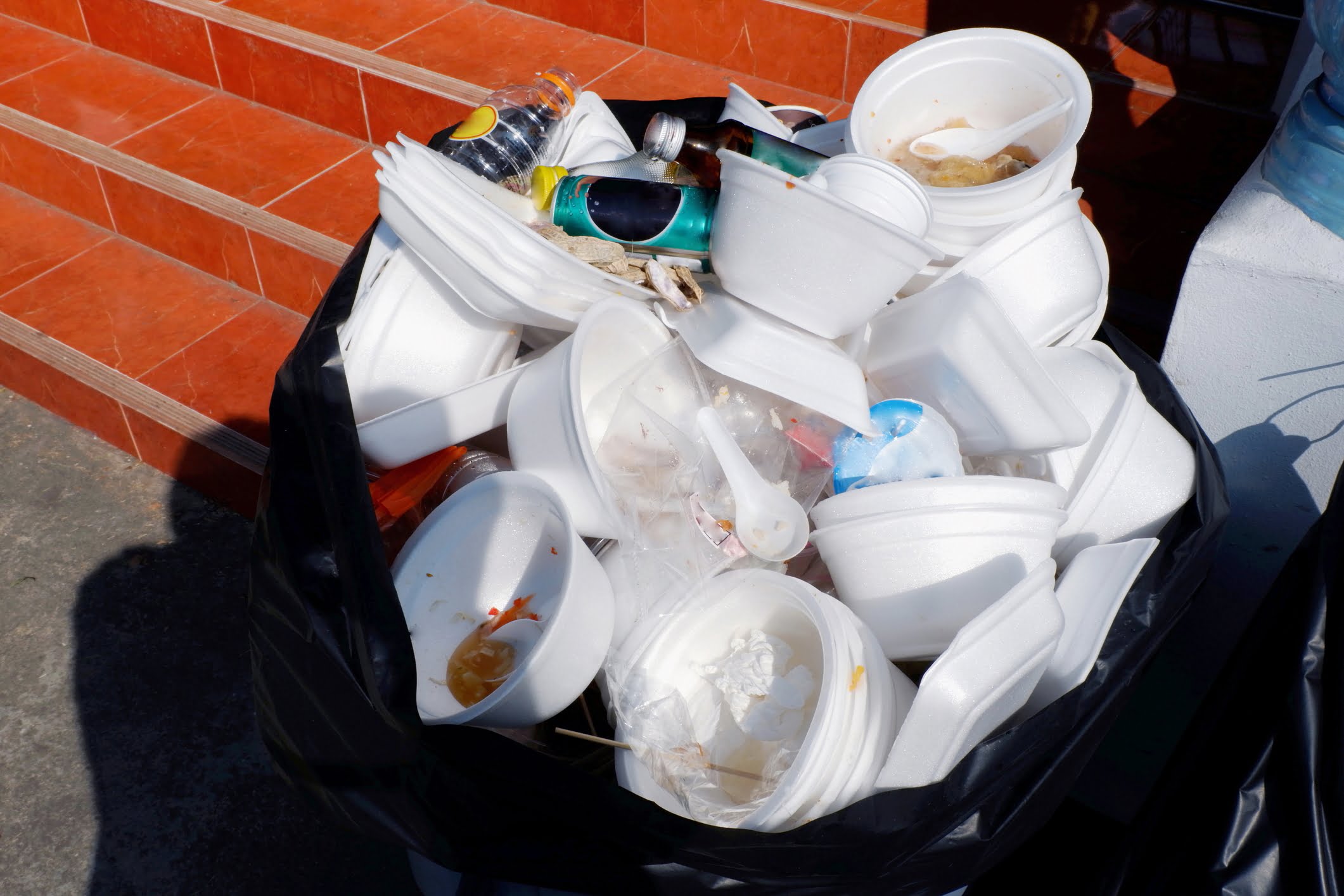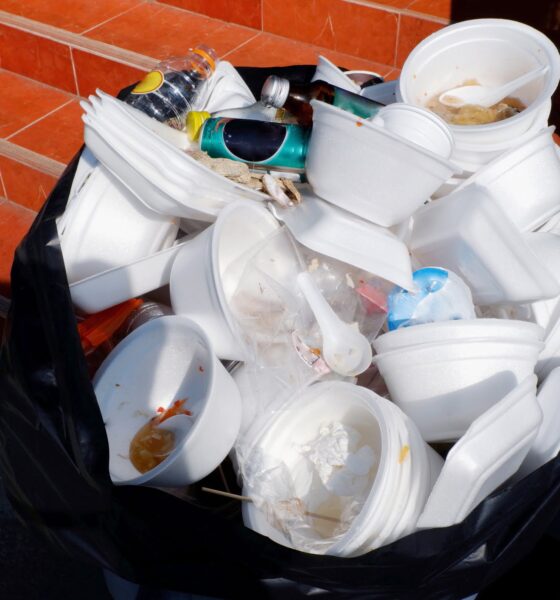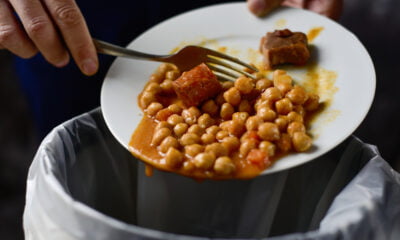

Environment
5 Food Recycling Ideas for Eco-Friendly Consumers in 2022
There are many things that you have to do if you are serious about being an eco-friendly consumer. One thing that we don’t talk about enough is reducing food waste.
Food accounts for up to 30% of a family’s carbon footprint. You can lower your carbon footprint by reducing waste.
How much can reducing food waste help your carbon footprint? Food waste is a huge problem. In the UK, we waste 40% of all food to feed more than 200 million people. If food accounts for 30% of your carbon footprint, you could hypothetically reduce your carbon footprint by 12% by eliminating waste.
This food waste could have been eaten, but it’s rotting in landfills and creating methane gas emissions. This has a huge effect on climate change.
There are many ways to recycle food waste, and we need your help to do it! Check out our article for 5 ideas on how to recycle food waste in your community.
2 Popular Ways to Recycle Food Waste
There are a couple of great ways to recycle food to reduce waste. They are listed below.
1. In-vessel composting
In-vessel composting is a method of composting that takes place within a sealed container. This composting type is often used when space is limited or when odours from traditional composting methods are a concern.
In-vessel composting can be performed with various materials but is most commonly done with food waste.
2. Anaerobic Digestion
Anaerobic digestion is a process that breaks down organic matter, such as food waste, manure, and sewage, in the absence of oxygen. The process is used to produce biogas, a renewable energy source.
Anaerobic digestion occurs naturally without oxygen but can also be performed in a controlled environment, such as a biodigester. In a biodigester, organic matter is broken down by bacteria to produce biogas, which is composed of methane and carbon dioxide. The biogas can be used to generate electricity or heat or convert it into renewable natural gas.
5 Ideas To Recycle Food Waste
1. Use A Professional Service
A professional food recycling service is the most convenient way for many businesses and households. Here are some reasons why you should consider such a service:
- Convenience – A professional food recycling service will pick up your food waste from your home or business, meaning you don’t have to worry about transporting it yourself.
- Environmentally friendly – Food waste is a significant contributor to greenhouse gas emissions, so by recycling your food waste, you can help to reduce your carbon footprint.
- Money savings – Many food recycling services offer discounts or rebates to customers who recycle their food waste. This can help offset the service’s cost and save you money in the long run.
- Education – Many food recycling services offer educational resources to help you learn more about recycling and how to reduce your food waste. This can help you make better choices in the future and reduce your impact on the environment.
2. Compost the Kitchen and Garden Scrap
Composting the kitchen and garden scrap is one of the most efficient ways to reduce your carbon footprint. By doing this, you can recycle nutrients into the soil, which helps to create a more sustainable ecosystem. Not to mention, it is a great way to reduce the amount of waste that goes to landfill.
The process of composting is simple. You only need a bin or container, some kitchen and garden waste, and a little time. You can either purchase a pre-made compost bin or build your own. If you choose to create your own, make sure that it is made out of breathable material, such as wood or wire mesh.
Once you have your bin, it’s time to add your kitchen and garden waste. This can include vegetable peelings, egg shells, coffee grounds, and fruit scraps. You can also add some green materials, such as grass clippings or leaves. Avoid adding meat, dairy, or anything else that might attract pests.
When your bin is full, it’s time to start composting. The best way to do this is to mix everything, so the waste breaks down evenly. Once everything is mixed together, cover the bin and allow it to sit for about two weeks. After two weeks, you can start using your compost in the garden.
3. Recycle at the town solid waste facility
The council food waste collection schemes are a great way to reduce the amount of food waste that goes to landfill.
By collecting food waste from households and businesses, the schemes help reduce the amount of methane gas produced from decomposing food waste.
This is good for the environment as methane is a potent greenhouse gas. The schemes also help create compost used in gardens and parks.
4. Recycle Food Waste in the Kitchen
Recycling food waste in the kitchen is a great way to reduce your environmental impact and save money.
By recycling food waste, you can reduce the amount of garbage that goes to the landfill, and you can also use the recycled food to fertilise your garden or compost pile.
5. Offer your waste to a local farmer
If you have food waste you can’t compost yourself, consider offering it to a local farmer. Many farmers are happy to take food waste off their hands, especially if it’s organic. Food waste can be used as animal feed or compost, a great way to reduce your carbon footprint.


 Features11 months ago
Features11 months agoEco-Friendly Cryptocurrencies: Sustainable Investment Choices

 Energy11 months ago
Energy11 months agoThe Growing Role of Solar Panels in Ireland’s Energy Future

 Energy10 months ago
Energy10 months agoGrowth of Solar Power in Dublin: A Sustainable Revolution

 Energy10 months ago
Energy10 months agoRenewable Energy Adoption Can Combat Climate Change




























